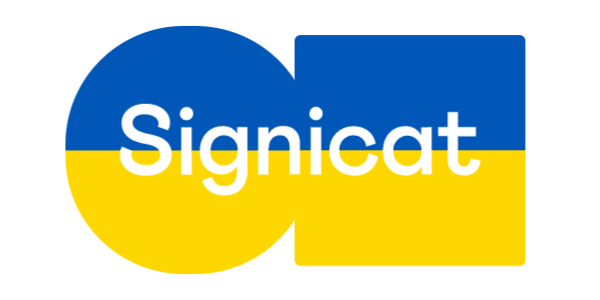Navigating Online Education Challenges through Digital Identity
Signicat, 31st of August 2023 - As the end of summer approaches, the back-to-school season ushers in a wave of students ready to embark on their educational journeys. According to Eurostat's 2020 data, a staggering 18 million students were enrolled in tertiary education in Europe, a number that continues to rise each year. Amidst this educational landscape, the digital era's expansion and the ongoing impact of the COVID-19 pandemic have fueled a surge in online learning. This transition offers numerous advantages, allowing students to pursue degrees and higher education opportunities from institutions they may not have had access to otherwise. However, this shift also unveils a series of challenges inherent in both studying remotely and studying abroad, many of which are intricately tied to students' digital identities.
Digital Identity: Navigating Challenges in Online Education
The context of online education brings forth a host of critical challenges and considerations surrounding digital identity. Amidst this evolving landscape, verifying the authenticity of students in the digital realm becomes a complex endeavor. The deployment of robust authentication systems, including two-factor authentication, emerges as a necessity to safeguard students' personal information and identity.
As educational institutions amass and store students' personal data due to online learning modalities, strict adherence to privacy regulations like the General Data Protection Regulation (GDPR) becomes pivotal to ensure responsible data handling and universities need to rely on experimented software providers. At the forefront of this technological revolution is Signicat, the leading Digital Identity company in Europe. Their years of expertise in the field enable the optimization of processes such as identity verification, authentication, and electronic signing complying with the most stringent EU Regulations like eIDAS or GDPR.
New Needs Arise: Protection and Integrity
In this digital educational paradigm, students often navigate multiple profiles on various online learning platforms. Keeping these profiles up-to-date and consistent poses a challenge, further compounded by the need to secure shared information. With the surge in online education, instances of academic dishonesty and plagiarism have also grown. Addressing these calls for a robust framework to identify and prevent cheating, thereby preserving academic integrity within the digital ecosystem.
Digital Interaction, Reputation, and Well-being
Digital identity extends beyond authentication—it encompasses students' interactions online. Cyberbullying and negative behaviors cast a shadow over their digital presence, potentially impacting their overall well-being. Furthermore, the imprint of online activities leaves an enduring mark on students' reputations. Comments, posts, and contributions in virtual spaces can profoundly influence how they are perceived by peers, educators, and prospective employers.
A Holistic Approach to Challenges: Technology, Policies, and Education
The evolving challenges of online education need a holistic approach. Combining robust technology, well-defined policies, and effective education is imperative. Bolstering online safety education and fostering adept management of digital identities stand as pivotal strategies to navigate these challenges.
As the influx of students opting for online education continues to rise, safeguarding their digital identities becomes paramount. Creating a secure and nurturing digital learning environment is a shared responsibility—one that paves the way for a transformative educational experience.

